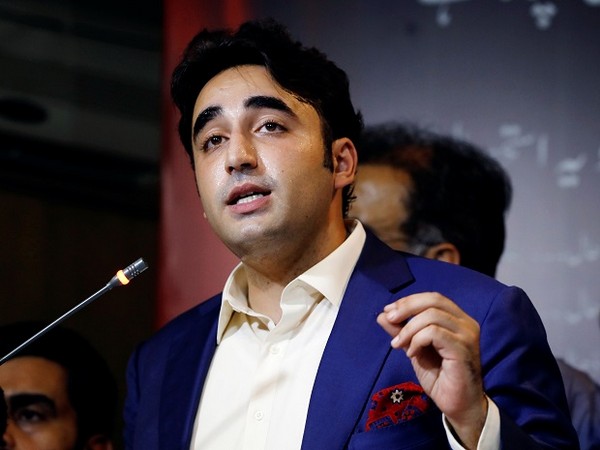New Delhi: In a striking admission, Pakistan’s former foreign minister Bilawal Bhutto Zardari has acknowledged that the recent attack in Pahalgam, Jammu and Kashmir, was indeed a terrorist strike.
In an interview with Indian journalist Karan Thapar, Bhutto said he understands the pain of the victims and their families, and admitted that terror outfits like Lashkar-e-Taiba (LeT) and Jaish-e-Mohammed (JeM) continue to exist in Pakistan.
However, Bhutto denied any involvement of Pakistan’s government or army in the Pahalgam attack, calling such allegations “propaganda”. He insisted that Pakistan does not support terrorism and has suffered deeply at its hands. “We have lost over 92,000 lives to terrorism, including 1,200 civilians in more than 200 attacks just last year,” he said. “If this continues, 2025 could be the bloodiest year in Pakistan’s history.”
Bhutto described the Pahalgam incident as a terrorist attack but dismissed accusations of state complicity. He said Pakistan had offered to join an impartial international investigation, but India rejected the proposal. “Our hands are clean,” he asserted.
Pressed repeatedly about the presence of groups like LeT and JeM, Bhutto conceded they do operate in Pakistan. He argued that these groups emerged during the Afghan jihad and were once seen as “freedom fighters.” He clarified that neither his party, the Pakistan Peoples Party (PPP), nor his mother, Benazir Bhutto, ever supported these groups. According to him, they were later designated as terrorist outfits post-9/11, and Pakistan has since acted against them.
When questioned about the 2008 Mumbai terror attacks and Pakistan’s handling of key accused Hafiz Saeed, Bhutto said Saeed was sentenced to 31 years in prison in 2022. However, he blamed India for delays in justice, accusing it of not cooperating or presenting witnesses in court. “We need India’s help to ensure justice for the victims of Mumbai as well,” he said. When repeatedly questioned on LeT, JeM, and Hafiz Saeed, Bhutto appeared irritated, telling the interviewer: “If you don’t want to hear the answer, I can leave the programme.”
Emphasising dialogue, Bhutto appealed for a “broad-based conversation” between India and Pakistan that includes cooperation on counter-terrorism. Citing his own experience, his mother was assassinated in a terror attack in 200, Bhutto said he relates to the pain of victims. “Let’s not talk hate and war,” he said. “Every Pakistani is not a terrorist or an enemy.”






